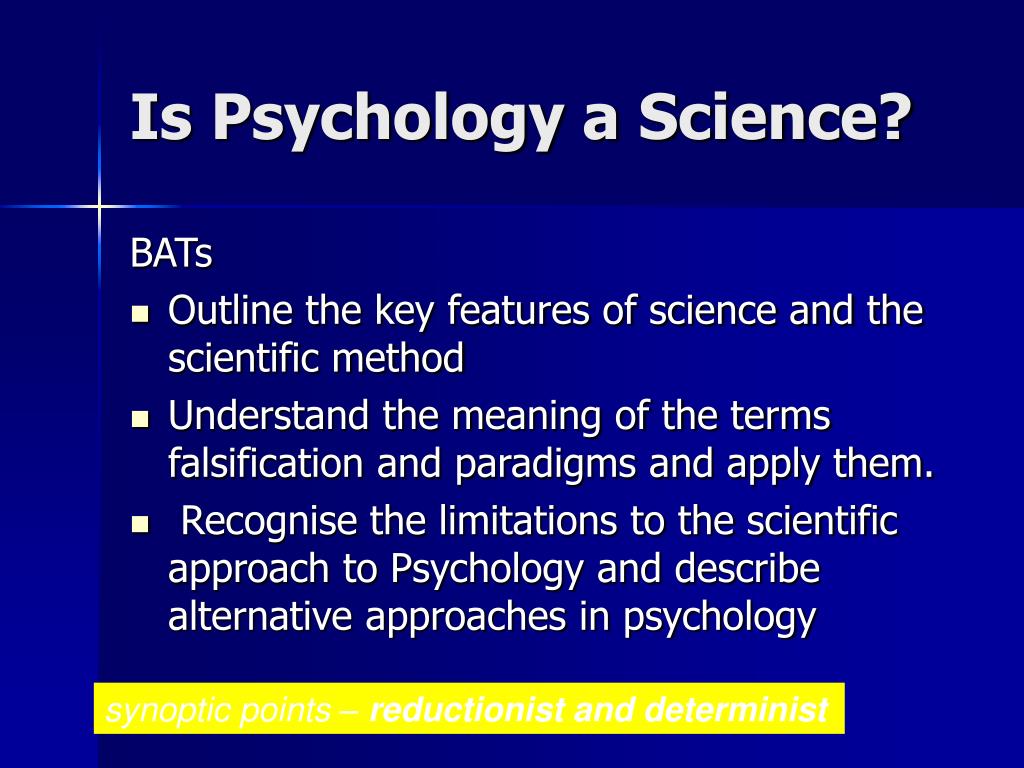Did God Create Religion: Exploring Divine Origins and Human Development of Faith
Understand the fundamental question
Whether god create religion touch the very heart of human spirituality and theological inquiry. This profound question has sparked countless debates among theologians, philosophers, historians, and believers across cultures and centuries. To explore this topic meaningfully, we must examine multiple perspectives and consider both divine revelation and human agency in the development of religious systems.
Religious traditions themselves offer vary answers to this question. Some maintain that their foundational beliefs and practices originate forthwith from divine revelation, while others acknowledge significant human interpretation and development over time. Understand these perspectives require careful examination of sacred texts, historical records, and theological scholarship.
Theological perspectives on divine origin
Many religious traditions assert that their core beliefs stem from direct divine revelation. Christianity, for example, teach that god reveal himself through prophets, culminate in the incarnation of Jesus Christ. The bible present itself as divinely inspire scripture, with passages like 2 timothy 3:16 state that” all scripture is god breathe. ”
Islam likewise claims divine origin through theQurann, whichMuslimss believe contain the direct words ofAllahh as reveal to the prophetMuhammadd. The concept o” tail “” divine revelation ) ) central to islaIslamicology, emphasize that the quraQuranontent originate wholly from god quite than human invention.
Judaism trace its origins to god’s covenant with Abraham and the revelation at mount Sinai, where Moses receive the Torah. Orthodox Jewish theology maintain that both the written and oral Torah were divinely given,fromm the foundation ofJewishh religious practice and belief.
These traditions distinguish between the divine source of their core revelations and the human role in interpreting, preserve, and apply these teachings. This distinction is crucial for understand how believers reconcile divine origin with evident human involvement in religious development.
Human development and religious evolution
Anthropological and historical evidence reveal significant human agency in the development of religious systems. Religious practices, institutions, and interpretations have evolved substantially throughout history, oftentimes adapt to cultural contexts and social needs.
Archaeological evidence show that religious expression predate organize religion by millennia. Cave paintings, burial practices, and ritual artifacts suggest that humans have forever sought to understand and connect with transcendent realities. This innate religious impulsappearsar to be a fundamental aspect of human nature.
The development of organized religion involves human processes of systematization, institutionalization, and codification. Religious leaders, scholars, and communities play crucial roles in preserve teachings, establish practices, and create structures that could transmit faith across generations.
Consider how Christianity develop from a small Jewish sect into a global religion with diverse denominations, each emphasize different aspects of the original message. This evolution involves countless human decisions about doctrine, practice, and organization, while believers maintain that the core message remained divinely inspire.
The role of natural revelation
Many theological traditions distinguish between special revelation (direct divine communication )and natural revelation ( (owledge of god available through creation and human reason ).)his concept suggsuggestst god may have implant religious awareness within human nature itself.
The apostle Paul write in Romans 1:20 that god’s” invisible qualities — his eternal power and divine nature — have been intelligibly see, being uunderstoodfrom what has been make. ” tThissuggest that religious impulses might reflect divine design quite than strictly human invention.
Natural law theory, develop by theologians like Thomas Aquinas, propose that humans can discern moral and spiritual truths through reason and observation of the natural world. This perspective suggest that eve manifestly homo derive religious insights might finally trace back to divine sources.
Cross-cultural similarities in religious themes — such as concepts of transcendence, moral obligation, and afterlife — might support the idea that religious awareness reflect something inherent in human nature, potentially place thither by divine design.
Historical development of religious institutions
The institutional aspects of religion distinctly show extensive human development. Religious hierarchies, ceremonial practices, and organizational structures have evolved through human decision make processes, oftentimes influence by cultural and political factors.
The Catholic Church’s development of papal authority, for instance, involve centuries of theological development and political maneuvering. While catholics believe the papacy have divine sanction, its specific institutional form emerge through historical processes involve human agency.
Likewise, the compilation of biblical canons involve human councils make decisions about which texts to include. While believers may see divine guidance in these processes, the mechanisms were undeniably human.
Islamic jurisprudence (fiqh )develop through human scholars interpret quQuranicrinciples and prophetic traditions to address new situations. Different schools of isIslamicaw emerge, reflect vary human approaches to understand divine guidance.
These examples illustrate how religious institutions and practices develop through interaction between claim divine revelation and human interpretation, application, and organization.
Philosophical considerations
Philosophical examination of this question involve consider the nature of revelation, human knowledge, and divine communication. If god exist and desires relationship with humanity, how would such communication occur?
Some philosophers argue that divine revelation must accommodate human capacity for understanding, inevitably involve human elements in its reception and transmission. This doesn’t diminish divine origin but acknowledge the practical realities of divine human communication.
The question likewise involves epistemological considerations about how humans can distinguish between divine revelation and human projection. Critics argue that religious beliefs frequently reflect human desires and cultural values kinda than divine communication.
Defenders of divine origin point to the transformative power of religious experience and the consistency of core spiritual insights across cultures as evidence for transcendent sources. They argue that strictly human invention couldn’t account for religion’s profound impact on human civilization.
Scientific and anthropological insights
Modern research into the origins of religious behavior offer additional perspectives on this question. Cognitive scientists have identified mental processes that seem to predispose humans toward religious thinking, such as pattern recognition, agency detection, and meaning making.
Some researchers argue that these cognitive tendencies evolve because they provide survival advantages, make religious thinking a natural human capacity. This could support either naturalistic explanations (religion as evolutionary adaptation )or theological ones ( (d design humans with religious capacity ).)
Anthropological studies reveal both universal and culturally specific aspects of religious expression. Universal elements might suggest common sources (whether divine or evolutionary ) while cultural variations highlight human creativity and adaptation in religious development.
Neurological research has identified brain regions associate with religious experience, but this doesn’t needfully explain whether such experiences reflect divine communication or strictly natural phenomena. The existence of religious neural pathways could support either interpretation.
Contemporary theological synthesis
Many contemporary theologians propose nuanced understandings that acknowledge both divine initiative and human response in religious development. This perspective see god as work through human processes quite than bypass them wholly.
Process theology, for example, suggest that god and creation interact dynamically, with divine influence work through natural and historical processes. This view could explain how religion might be both divinely inspire and humanly develop.
Liberation theology emphasize god’s ongoing revelation through human struggles for justice and dignity, suggest that divine communication continue through historical processes quite than being confined to ancient texts.
Interfaith dialogue has revealed both commonalities and differences among religious traditions, prompt questions about whether different religions represent various human approaches to the same divine reality or distinct revelations suit to different contexts.
Practical implications
This question has significant implications for how believers understand religious authority, interpretation, and development. Those who emphasize divine origin may stress fidelity to original revelations, while those who acknowledge human development might be more open to adaptation and reform.
The relationship between divine origin and human development affects approaches to religious pluralism. If gods create religion, does this apply to all religions or exclusively specific ones? How do believers in one tradition regard claims of divine origin in others?

Source: YouTube.com
These considerations too influence attitudes toward religious change and reform. Understand religion equally strictly divine might resist modification, while recognize human elements might allow for development and adaptation to new circumstances.
The question impacts interfaith relations and religious dialogue. Recognize both divine and human elements in religious traditions might promote mutual respect while maintain distinctive beliefs.
Conclusion: a complex relationship
Whether god create religion admit no simple answer. Religious traditions themselves present complex relationships between divine revelation and human response, interpretation, and development. While many believers affirm divine origins for their core beliefs, the historical development of religious institutions and practices intelligibly involve extensive human agency.
Perchance the virtually accurate answer recognize that religion, as we observe it, reflect both divine initiative and human response. If god exist and communicates with humanity, such communication would needs to involve human reception, interpretation, and transmission. This doesn’t diminish potential divine origins but acknowledge the realities of divine human interaction.

Source: pinterest.com
The evidence suggest that humans possess thick seat religious impulses and capacities, whether these reflect evolutionary development, divine design, or both. The specific forms that religious expression takes distinctly involve human creativity, cultural adaptation, and historical development.
Quite than view divine origin and human development as reciprocally exclusive, we might understand them as complementary aspects of religious reality. This perspective allow for both reverence toward potential divine sources and honest acknowledgment of human involvement in religious development.
Finally, this question invite continued exploration, dialogue, and reflection. Whether approach from theological, philosophical, historical, or scientific perspectives, the relationship between divine initiative and human agency in religion remain one of humanity’s virtually profound and endure questions.



